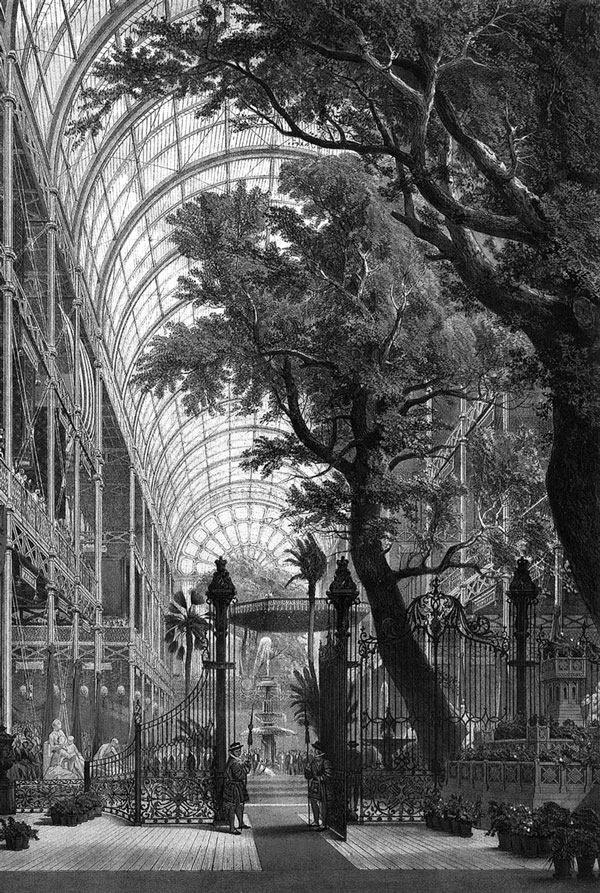Architectural Papers III
How might we break free of the notion that we are the dominators of a brute, blind, material world of nature into an idea that leads us to restore some sense of ourselves as natural creatures, living in harmony with nature, while also retaining our distinctive cultural identity? There is no ready answer. Perhaps we will come to know the idea of nature more fully when we have come more fully to realize the enormity of time and our own historicity. There are reasons to think, as we enter the twenty-first century, that humankind might come to embrace an idea of nature that includes ourselves as cognizing subjects within it, while not reducing ourselves to it.
Marianne Horowitz, (ed.), New Dictionary of the History of Ideas (Detroit: Scribner, 2005) pp 1615-1619.
Clearly, the idea of nature is semantically and conceptually conflicted.
If we think of nature as meaningful across multiple temporal and spatial scales, from the cosmic to the subatomic, then we can also understand that our dysfunctional relations are due in part to our knowledge of nature across scales. Contemporary thinkers argue that the hold of ancient dreams, especially the return to the Garden, must be put behind. The failed idea of nature inherited from classical science must be replaced by alternative ways of conceptualizing nature and our place therein.






